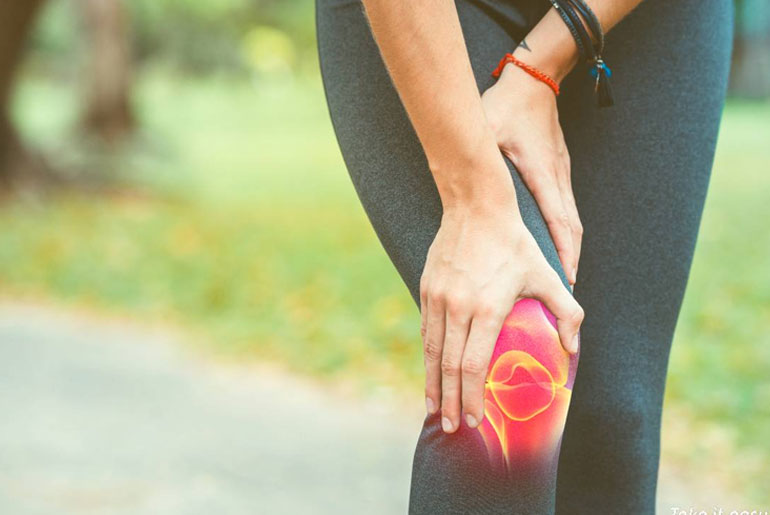Muscle aches and joint pain often intensify during winter, prompting the recommendation to stay warm and maintain a healthy diet for effective symptom management. It is suggested that the drop in barometric pressure in colder months may lead to soft tissue swelling, potentially exerting pressure on joints and causing pain and stiffness. Although anecdotal evidence suggests a link between cold weather and aggravated joint pain, scientific studies on this relationship, particularly in conditions like arthritis, yield mixed results.
While some individuals with arthritis report increased discomfort in colder climates, others experience no significant changes. The scientific understanding of this phenomenon remains inconclusive, emphasizing the variability of individual responses to weather-induced joint symptoms.
These strategies encompass lifestyle changes, exercises, and various remedies that can contribute to overall joint health. Here’s a summary of the key points you’ve mentioned:
1. Supplements:
Some people find relief from joint pain through the use of these supplements. However, it’s crucial to consult with a healthcare provider before starting any new supplements.
2. Medication:
Over-the-counter pain relievers or anti-inflammatory medications may help manage joint pain. Consulting with a healthcare provider is essential before using any medication.
3. Exercises:
Engaging in 30 minutes of exercise five times a week can strengthen the muscles supporting knees and hips. Warm-up exercises and cool-down stretches are recommended to minimize the impact of cold on joints. Stretching exercises can improve joint flexibility.
4. Stay Warm:
Dressing in layers, using heated blankets or clothing, and keeping your home comfortably warm can help manage joint pain.
5. Keep Moving:
Regular, gentle exercises, such as swimming, walking, and stretching, can keep joints flexible and reduce tightness.
6. Maintain a Healthy Weight:
Managing weight through a healthy diet and regular exercise is crucial to reduce stress on joints.
7. Stay Hydrated:
Drinking an adequate amount of water throughout the day can prevent dehydration, which contributes to joint stiffness.
8. Hot or Cold Therapy:
Applying heat packs or warm towels can alleviate stiffness, while cold packs may help reduce inflammation and numb the area.
9. Epsom Salt Soaks:
Epsom salt baths may relax muscles and alleviate joint pain by potentially reducing inflammation through the absorption of magnesium through the skin.
10.Vitamin D:
Ensuring sufficient vitamin D levels, either through sunlight exposure or supplements, is important for bone health.
It’s important for individuals to tailor these strategies to their specific needs and consult with healthcare professionals to develop a comprehensive and personalized approach to managing joint pain and arthritis. Additionally, consistent and sustainable lifestyle changes can contribute to long-term joint health and overall well-being.
Disclaimer:
The information contained in this article is for educational and informational purposes only and is not intended as a health advice. We would ask you to consult a qualified professional or medical expert to gain additional knowledge before you choose to consume any product or perform any exercise.








